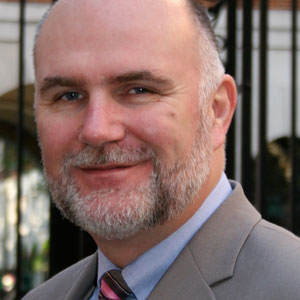The BMA has defended huge pay rises to top negotiators at a time when the union’s members have seen scant pay rises for years.
As the Guardian revealed that council members saw salary hikes of as much as 137% from 1 January, the BMA said this reflected the amount of time they now had to spend away from their medical practice.
According to the newspaper, seven BMA top officers were awarded the significant boosts following a narrowly approved vote of its remuneration committee at the end of last year.
This included BMA chair Dr Mark Porter receiving a 94% pay rise, from £88,320 to £171,692, while BMA Scotland chair Dr Peter Bennie was the recipient of the 137% raise, from £32,205 to £76,431, it said.
GP and BMA treasurer Dr Andrew Dearden was also among the seven now significantly better remunerated officers named by the paper, although it did not specify exactly what he is now paid.
But a BMA spokesperson told Pulse that ‘the vast majority of this money does not go into, for example, Dr Porter’s pocket’ and also disputed the Guardian’s claims the pay rises were kept ‘secret’ from members.
A statement from the BMA stressed that the levels of pay were recommended by the remuneration committee independent of the chief officers themselves and overseen by the audit and finance committees.
It said: ‘As the recognised leaders of their profession the BMA’s chief officers are active, practising doctors. For some, holding such a position has become itself a full-time role. It is only right that these increasing demands are appropriately recognised.
‘BMA Council and its remuneration committee made its decision in 2014 – without the input or even the presence of those officers affected. In most cases some of the financial package is paid to the doctors’ employers in order to release them to attend work on behalf of the profession.
‘If we are to have the right people in the job, it is vital that they are not discouraged from doing so because of financial penalties.’
BMA chief executive Keith Ward said that the Guardian article was ‘misleading’ – for example in claiming that Dr Porter takes home £171,692.
He said: ‘This is grossly inaccurate as it fails to take into account the £54,000 deducted and paid by the BMA directly to the NHS trust where Dr Porter is a working anaesthetist. Equally Dr Porter has chosen to relinquish £77,000 leaving him with a payment of £40,000.’

















